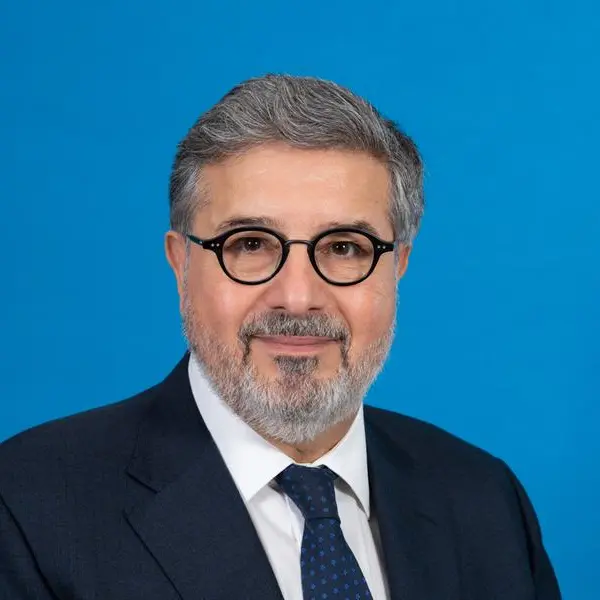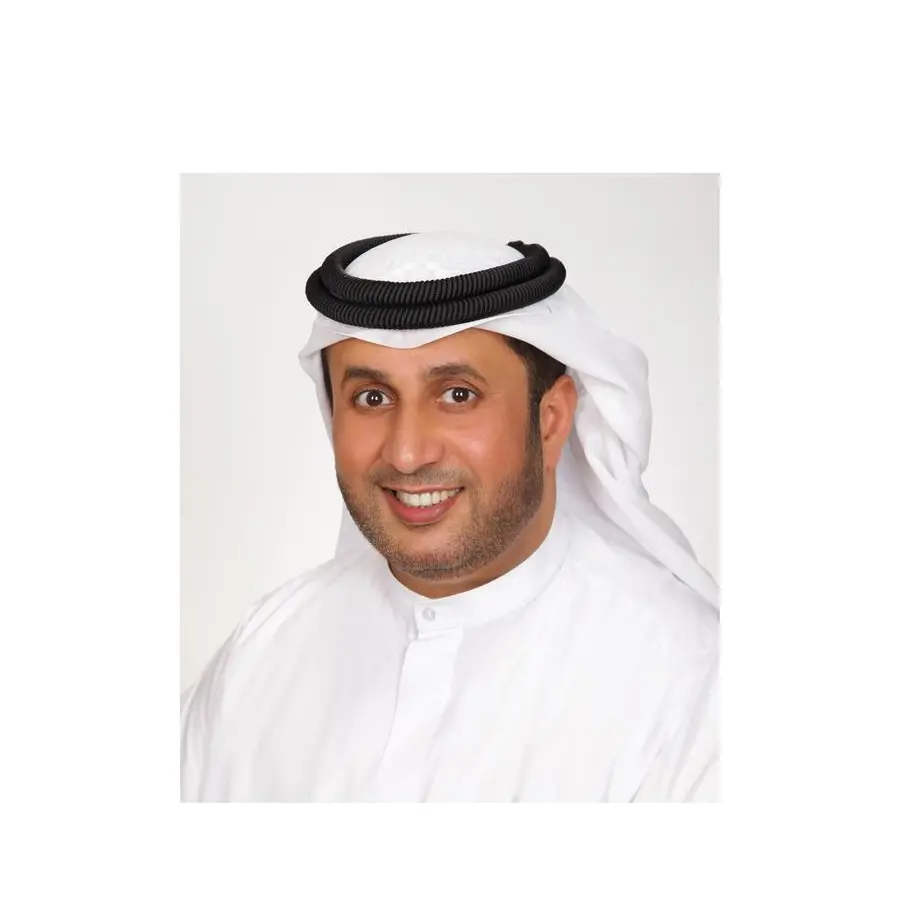PHOTO
Dubai, United Arab Emirates: Etihad Credit Insurance (ECI), the UAE’s Federal export credit company, participated in the Berne Union Spring Meeting held in Oslo, Norway, from 23rd to 25th April, which explored the ECAs' role in a rapidly changing global trade landscape and in fostering international trade. At the meeting, ECI highlighted the crucial role of strategic partnerships in mitigating risks and bolstering national economies.
In a panel discussion focused on the MENA region at the event, H.E. Raja Al Mazrouei, Chief Executive Officer of ECI, noted the MENA regional ECA’s role in supporting export growth through innovative tools and solutions and driving economic diversification in the region.
Al Mazrouei said: “The region has witnessed a surge in short-term trade credit, particularly beneficial for manufacturing, and a significant rise in medium and long-term project finance. ECAs in the region, including ECI, are constantly adapting to the evolving global landscape, tailoring our product portfolio and focusing on emerging sectors like renewable energy and sustainability.”
The discussions also addressed the challenges facing ECAs in the MENA region and how geopolitical and economic volatility necessitates vigilant risk monitoring and innovative mitigation strategies. Commenting on the topic, Al Mazrouei said: “The impact of geopolitical tensions on trade cannot be understated as economic protectionism grows in different regions. Addressing these challenges to enable UAE businesses to navigate them requires continuous monitoring of emerging risks and tailored risk mitigation solutions in order to provide protection to exporters. For example, robust risk assessment tools, partnerships with other countries and ECAs, and a strong reinsurance panel with ‘A’ or higher ratings have allowed ECI to underwrite risks of up to AED 500 million per single transaction.”
“We are also leveraging big data and AI to provide real-time analytics and more responsive solutions for our clients,” she added, expressing confidence in the MENA region’s potential for growth, citing the UAE’s non-oil foreign trade reaching a record high in 2023 valued at AED 3.5 trillion. Furthermore, ECI emphasised the importance of supporting SMEs, the backbone of the MENA economies.
Finally, highlighting the potential of collaboration in areas such as capacity building, risk sharing, knowledge exchange and business matchmaking, Al Mazrouei said: “We actively participate in reinsurance agreements, sharing risks with regional partners and fostering a more robust trade ecosystem. These strategic partnerships enable us to pool resources, expertise and strengths to increase trade confidence and enable UAE companies to succeed internationally. This collaborative approach is also fundamental to the UAE’s trade policies, driving economic prosperity.”
Climate Finance in Focus
ECI also emphasised its commitment towards UAE’s sustainable development goals through renewable energy and sustainability financing initiatives, signified by the recently launched multi-sectoral partnership unlocking US$500 million in credit insurance to catalyse private capital for Africa’s clean energy sector.
In a panel discussion focused on Climate Finance, Haitham Al Khazaleh, Director of Risk Management at ECI, said: “Building on the momentum of COP28, the most successful COP to date, ECI strives to efficiently contribute to and embrace sustainability. COP28 witnessed significant milestones, including establishing the largest private fund for mobilising US$85bn, entirely focused on sustainable projects. Furthermore, ECI is committed to driving sustainability through offering tailored products and expertise. Incentivising exports of sustainable goods and services and actively developing a pipeline of insurable sustainable development projects aligned with UN SDGs can be pivotal in driving green projects. For example, ECI works with lenders to secure financing for green projects that contribute to promoting responsible business practices.”
He added: “To ensure strong risk management, ECI incorporates a multi-faceted approach that considers environmental, social, and economic factors. This includes classifying portfolios based on the UN SDGs, conducting comprehensive climate risk assessments, and integrating sustainability metrics like carbon footprint. ECI also actively engages with a wide range of stakeholders, including internal and external parties, to gain insights and perspectives on sustainability.”
ECI’s participation in the Berne Union Spring Meeting showcased its leadership in promoting sustainable economic growth through innovative export credit solutions. By fostering collaboration and adapting to a changing global landscape, ECI remains committed to empowering UAE businesses and driving economic diversification in the MENA region.
-Ends-


















